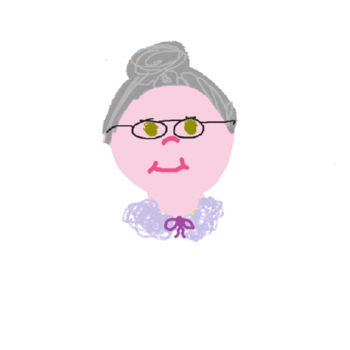Question #a01f9
1 Answer
A comparative adjective is the degree of an adjective that modifies a noun by comparison to another like noun.
A pronoun reference is the relationship that a pronoun has to its antecedent.
Explanation:
ADJECTIVES
The degrees of adjective are positive, comparative , and superlative.
A positive adjective is the base form of the adjective:
-- hot
-- new
-- dangerous
-- complete
A comparative adjective is an adjective that describes (modifies) a noun as compared to something similar or the same:
-- hotter
-- newer
-- more dangerous
-- more complete
A superlative adjective is an adjective that describes (modifies) an noun as compared to all others that are similar or the same:
-- hottest
-- newest
-- most dangerous
-- most complete
Note: Generally, adjectives with more than one syllable use 'more' and 'most' to describe the comparative and superlative of a noun.
PRONOUN REFERENCES
A pronoun reference means using a pronoun that has the same number (singular or plural), the same gender (male, female, neuter) as the noun it replaces.
A pronoun reference may be clear or faulty.
-- A clear pronoun reference means that the number and gender of the pronoun matches its antecedent making it clear which noun is the antecedent of the pronoun.
-- A faulty pronoun reference means that its not clear which word is the antecedent of the pronoun.
Examples:
William and Walter stopped to visit his mother.
-- A faulty reference; whose mother did they visit?
William stopped to visit his mother with Walter.
-- A clear reference; William and Walter visited William's mother.
William and Walter stopped to visit their mother.
-- A clear reference; William and Walter are brothers.

